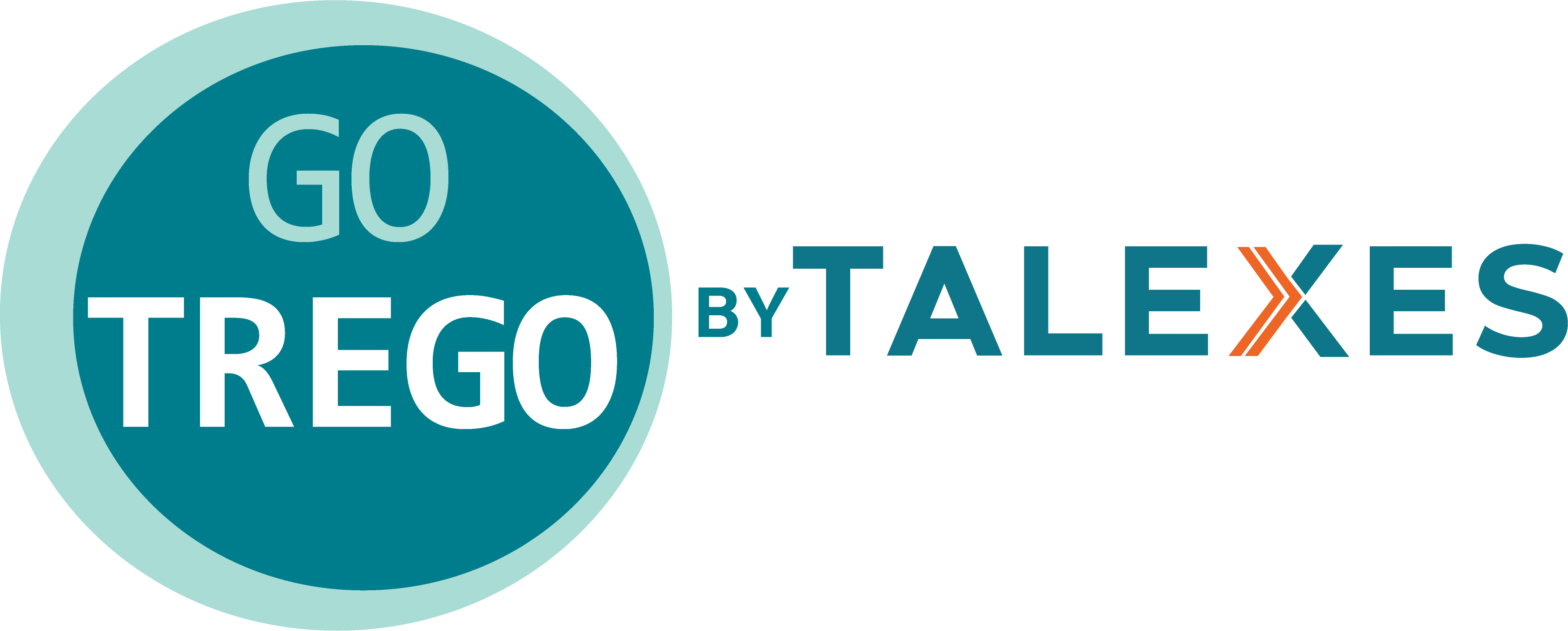Utilizing pre-employment assessments has emerged as a prevalent practice among HR managers striving to enhance their talent acquisition endeavors. These assessments are crafted to assess candidates’ competencies, aptitudes, and personality attributes, aiding in determining their suitability for both the role and the organization. They encompass a range of formats, including cognitive tests, personality evaluations, situational judgment assessments, and job simulations. Here are seven compelling reasons why HR managers should wholeheartedly embrace pre-employment assessments for bolstering their talent acquisition efforts:
1. Objective Candidate Evaluation
Pre-employment assessments offer an objective means of evaluating candidates, unlike the subjective nature of resumes or interviews. Grounded in data, these assessments provide HR managers with a clearer, unbiased perspective on candidates’ abilities, enabling more equitable comparisons and the identification of the most qualified individuals for the role.
2. Enhanced Decision-Making
By leveraging pre-employment assessments, HR managers can make more informed hiring decisions. These tools aid in pinpointing candidates who align well with the job requirements and organizational culture, thereby mitigating the risk of poor hires. Additionally, they assist in identifying candidates with high potential for success in the role, based on specific attributes crucial for job performance.
3. Time and Cost Savings
Employing assessments for candidate screening leads to significant time and cost savings. By identifying top talent early in the process, HR managers can streamline the interview process and expedite the hiring timeline, particularly advantageous for high-volume recruitment. Furthermore, it helps mitigate the expenses associated with prolonged recruitment cycles and the repercussions of hiring unsuitable candidates.
4. Promotion of Diversity and Inclusion
Pre-employment assessments designed to minimize bias facilitate the identification of overlooked candidates, fostering diversity and inclusivity in the workforce. Assessments evaluating cognitive ability, personality traits, and job-related skills enable HR managers to focus on candidate suitability irrespective of background or demographics, contributing to a more diverse and inclusive workplace culture.
5. Skill Gap Analysis
These assessments aid HR managers in identifying skill gaps within the current workforce and delineating the skills and knowledge imperative for a particular role. This insight informs the development of comprehensive job descriptions and highlights areas necessitating training and development initiatives, thereby cultivating a more skilled and adept workforce over time.
6. Enhanced Candidate Experience
Pre-employment assessments offer candidates a more transparent and informative hiring experience. HR managers can furnish candidates with a lucid understanding of job expectations while enabling them to gain insight into their strengths, weaknesses, and alignment with the role requirements, thereby enhancing candidate engagement and satisfaction.
7. Improved Employee Retention
By accurately identifying candidates possessing the requisite skills, knowledge, and personality traits for the job, pre-employment assessments enhance the likelihood of employee success and satisfaction in their roles. This, in turn, fosters greater job retention, engagement, and overall organizational stability.
Pre-employment assessments represent a valuable tool in organizations’ talent evaluation arsenals, aiding in the identification of candidates best suited for the job. They contribute to reduced turnover rates, enhanced candidate experiences, and informed decision-making in the hiring process. However, it is imperative to ensure the validity, reliability, and fairness of assessment tools to uphold ethical hiring practices and facilitate a fair and equitable selection process. When used in conjunction with other selection methods, pre-employment assessments empower HR managers to make well-rounded, informed hiring decisions, ultimately driving organizational success.





